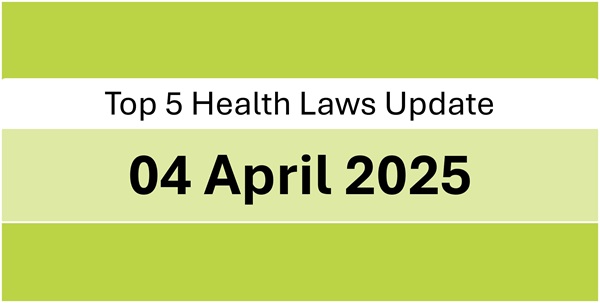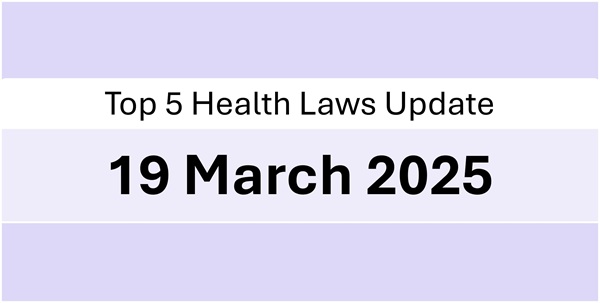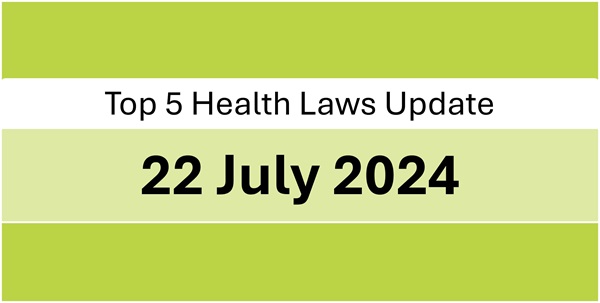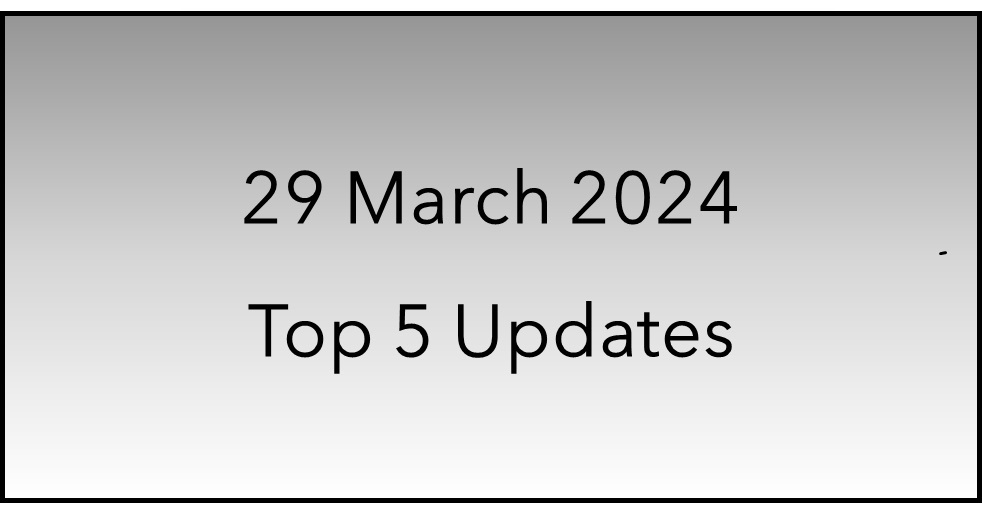Dear Readers, we are happy to share the most interesting legal and policy updates concerning health industry that we read today. we hope you enjoy reading it.
1. The Food Safety and Standards Authority of India (FSSAI) has revised its inspection checklist for food businesses operators in General manufacturing, Milk & milk products, Meat processing, Fish products processing, and Catering, and has reclassified food-grade packaging materials from ‘Non-Critical’ to ‘Critical.’ It has also mandated that food-grade packaging materials used in these food businesses must have a Certificate of Conformity issued by an NABL-accredited laboratory.
Source: bit.ly/4jmTFei
2. The Central Drugs Standard Control Organization (CDSCO) has clarified that the brand name of the medical device must be included in the Free Sale Certificate (FSC) issued to the legal manufacturer when filing an import licence application form. If not specified in the FSC, “Not Applicable” should be mentioned.
Source: bit.ly/3YhBEWi
3. The Central Drugs Standard Control Organization (CDSCO) has clarified the packaging and labelling requirements of non-sterile medical devices intended to be sterilized before use. The finished product package must include Instructions For Use (IFU) which specify the method of sterilization to be used for the device prior to its end-use.
Source: bit.ly/3YhBEWi
4. The Central Drugs Standard Control Organization (CDSCO) has clarified that domestic manufacturers of medical devices need not obtain ISO 13485:2016 certificate to obtain a manufacturing license under the Medical Devices Rules, 2017.
Source: bit.ly/3YhBEWi
5. The state government of Kerala has started taking action against online purchase of unauthorised medicines, including anabolic steroids. Kerala state drug control department is inspecting gyms across the state to identify unauthorised medicines and their misuse.
Source: bit.ly/41XmHLv






